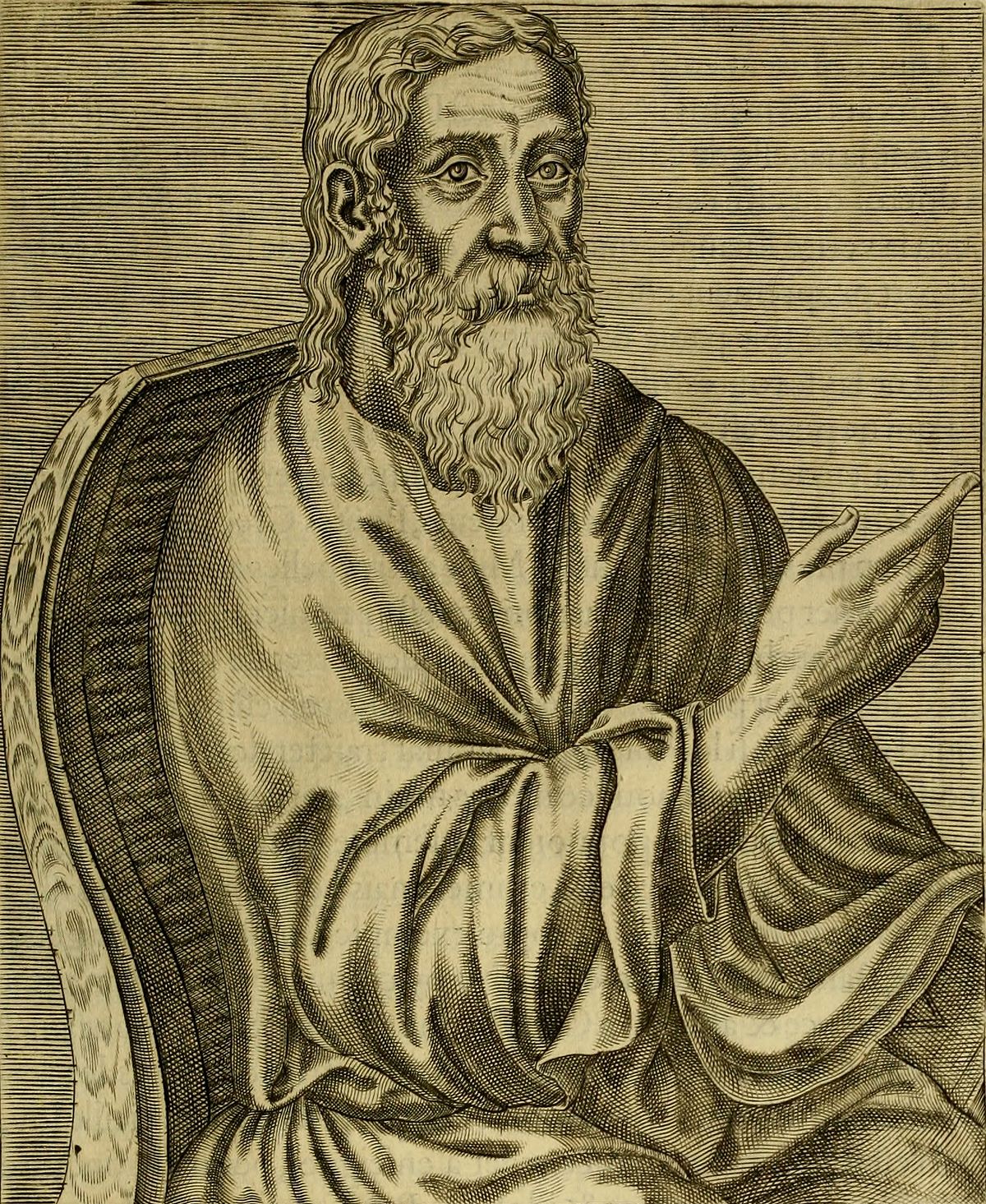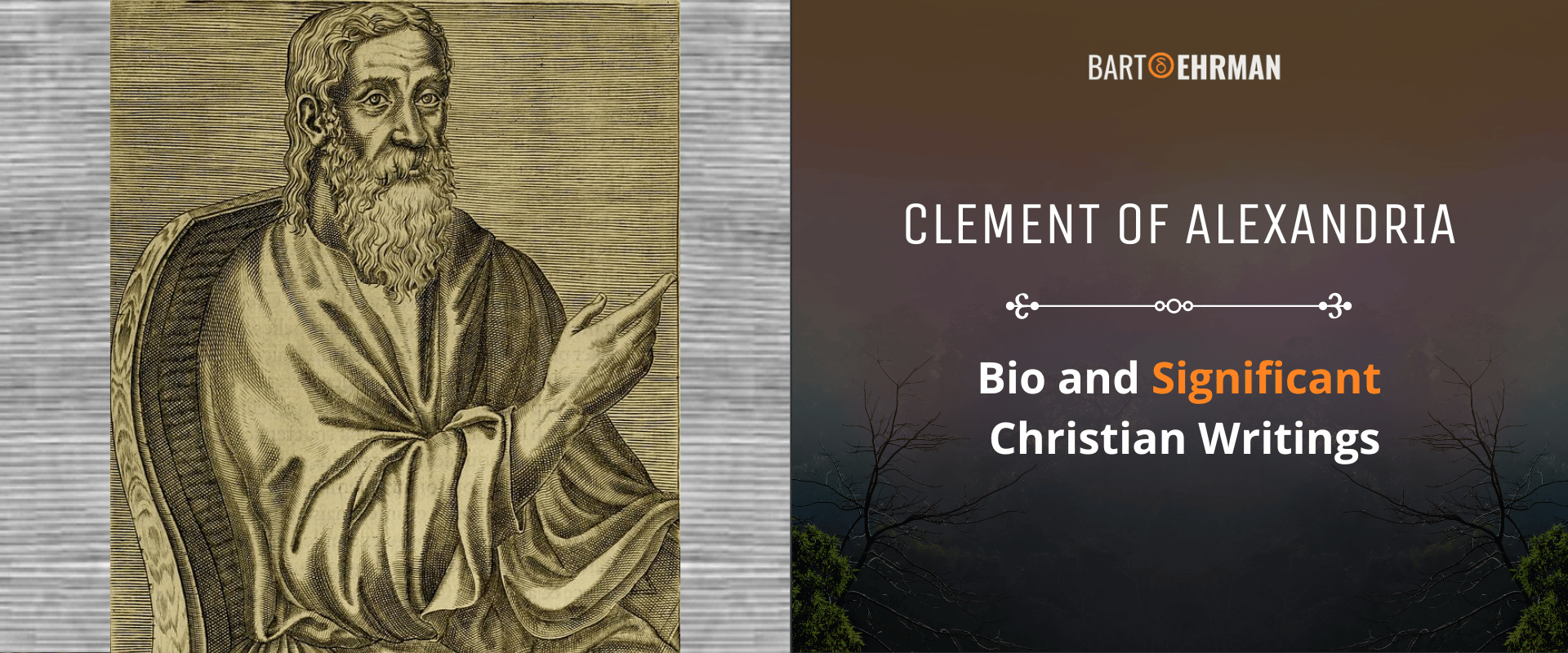Reference




OpenAI's Answer
Clement of Alexandria, an early Christian theologian, sought to harmonize Christian theology with Greek philosophy. His interpretations and contributions to early Christian theological concepts are multifaceted and deeply influential:
-
Integration of Greek Philosophy and Christianity:
- Clement believed that Greek philosophy was a precursor to Christian theology, serving as a preparatory tool for the ultimate revelation found in Christianity. He argued that God's "Logos" (Word) was present in both Greek philosophy and Jewish Scriptures. This synthesis allowed him to articulate Christian doctrines in ways that were intellectually respectable to his contemporaries (Oxford Bibliographies).
-
Allegorical Interpretation of Scripture:
- Clement promoted the allegorical interpretation of the Bible, following the tradition of Philo of Alexandria. This method allowed him to find deeper, spiritual meanings in the texts, which he believed were concealed behind the literal words. This approach made Christianity intellectually appealing and philosophically profound (Theology of Arithmetic).
-
Ethical Teachings and Ascetic Practices:
- In his ethical teachings, Clement emphasized virtues such as self-control, courage, and victory over anger. He believed that suffering could perfect a person, and he encouraged a transformation of one’s dispositions through spiritual discipline. This reflects his view that Christian life should lead to moral perfection and closer communion with God (Wesley Scholar).
-
View on Wealth and Possessions:
- Clement held a balanced view on wealth. He argued that wealth in itself is not evil, but the attachment to wealth and greed is. True Christian virtue, for Clement, involved using wealth wisely and generously, without letting it corrupt one's soul (Got Questions).
-
Christ and the Logos:
- Clement's Christology centers on the Logos (Word) concept, deeply influenced by Platonic thought. He viewed Christ as the divine Logos incarnate, who reveals God to humanity and guides them towards divine truth. This Logos was also thought to direct the God-man Jesus, exempting him from all improper desires (Chalcedon).
-
Role of Philosophy in Christian Thought:
- Clement posited that philosophy serves a pedagogical role, akin to the Jewish Law. Just as the Law led the Jews to Christ, philosophy could lead the Greeks to the same truth. He thus saw no fundamental conflict between faith and reason, but rather a harmonious relationship where philosophy provided a stepping stone to the higher truths of Christianity (Britannica).

In summary, Clement of Alexandria played a crucial role in marrying Greek philosophical traditions with early Christian theology, emphasizing allegorical interpretation, ethical living, and the preparatory value of philosophy in understanding Christian truths. His work laid significant groundwork for later theological development and continues to be a point of reference in Christian intellectual history.